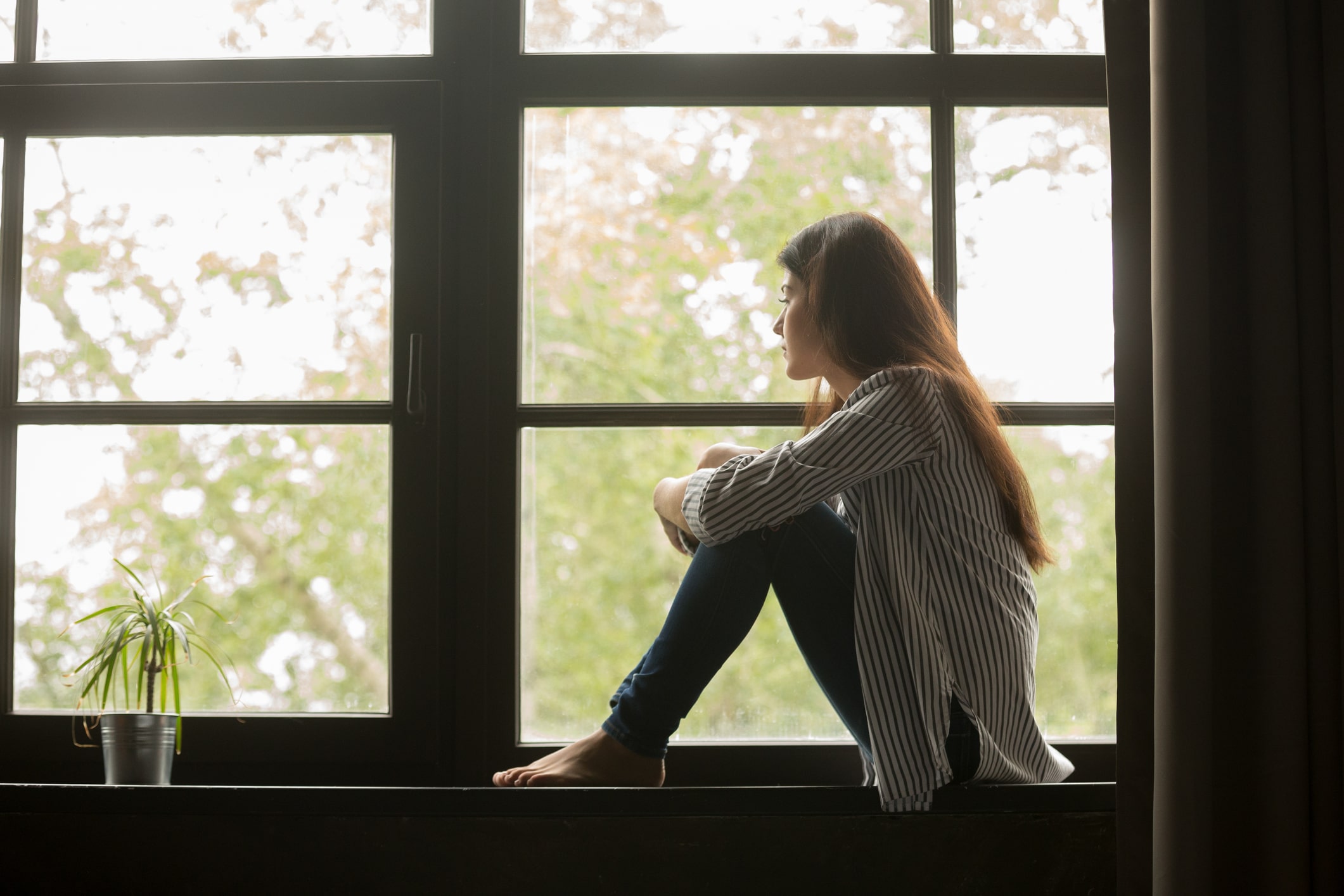Depression is one of the most common types of mental health disorders in the US, affecting millions of adults each year. But can you have depression and not even know it? If you notice a negative change in your overall mood, energy levels, and attitude, you might have silent depression.
North Atlanta Behavioral Health is here to help you or your loved one struggling with depression. We offer outpatient mental health programs that use evidence-based therapies and client-centered approaches for the best outcomes in treating depression.
Can Someone Be Depressed Without Knowing It?
Yes, you can be depressed without knowing it. Depressive symptoms can be subtle. Your symptoms might be at a low level for years (sometimes called “high-functioning depression“). Furthermore, your symptoms can come on—and worsen—gradually.
In fact, your symptoms can worsen so gradually that you don’t even notice it. Instead, your loved ones might be the first to see the changes in your mood and demeanor. When you suffer from depression and are unaware of it, this is known as silent depression.
What is Silent Depression?
Silent depression is when you have depressive symptoms, but either aren’t aware of it or aren’t acknowledging it. Thus, you struggle silently with your symptoms, either keeping them to yourself, denying them, minimizing symptoms, or lacking any awareness of the issue at all.
According to the Centers for Disease Control and Prevention (CDC), 4.7% of US adults age 18 and older have regular feelings of depression. But this only counts the people aware of their depression. Therefore, it is important to know the signs of silent depression.
10 Signs of Silent Depression
Silent depression can sneak up on you. But, if you know what to look for, you can recognize depression before it gets out of control.
The following are ten signs of silent depression:
#1. Lack of Energy
Everyone has good days and bad days. However, if you consistently feel drained at the end of every day or fatigued most of the time, you could be depressed.
#2. Sleeping Problems
Sleeping problems go hand in hand with a lack of energy. People with depression often struggle to fall asleep due to ruminating thoughts of guilt, shame, or anxiety. Because of this, you might stay in bed longer than usual to catch up on your rest.
#3. Change in Appetite
A change in appetite without a physical cause could be a sign of psychological distress. Stress, anxiety, guilt, and shame—feelings that accompany depression—can suppress your appetite. On the other hand, you might overeat as an unhealthy coping mechanism for underlying depression.
#4. Isolating and Social Withdrawal
Do you find yourself saying “no” to social activities more frequently? Are you spending more time alone than usual? Oftentimes, people with depression withdraw from friends and family due to low energy or feeling unworthy. Thus, if you find yourself spending more and more time alone, you could be feeling depressed.
#5. Drug and Alcohol Abuse
One of the most common causes of drug and alcohol abuse is an underlying mental health issue. If you are drinking or using drugs to elevate your mood or to cope with negative emotions, you most likely have an underlying mental health issue like depression.
#6. Loss of Interest in Hobbies
Depression isn’t just about feeling sad. Instead, it’s a lack of feeling anything—especially pleasure, joy, and satisfaction. You might not be as engaged in hobbies or other pleasurable activities anymore if you are depressed.
#7. Overworking
When you have silent depression, you could be in denial of your feelings. Or, you might fear facing what’s troubling you. As a result, you could be distracting yourself by spending more time at work, bringing work home with you, or using work as an excuse for your low mood and irritability.
#8. Low Self-Esteem
It’s hard to feel good about yourself when you don’t feel good about anything. More often than not, low self-esteem accompanies depression.
#9. Negative Thoughts and Attitude
Do you find that your thoughts constantly drift to the worst-case scenario? Are you expressing a pessimistic attitude to friends, family, and co-workers? Depression can alter your outlook on life toward pessimism and negativity.
#10. Mood Swings
If you have depression, you could have mood swings from low to high. Or you might be easily triggered by stressors and appear irritable to others. Silent depression could also be a sign of other mood disorders, like bipolar disorder.
How is Depression Treated?
There isn’t a one-size-fits-all approach to treating depression. Depression is treated with a combination of psychiatric medications, psychotherapy, and holistic approaches, like exercise, mindfulness, and nutrition. That way, you can find your own pathway to recovery from depression.
If you have signs of suffering from silent depression, talk to your healthcare provider today to begin treatment.
Get Help for Depression Today
Depression is among the most common mental health disorders in the US. Some people suffer and don’t even realize what they are going through—or that things can get better. But, depression is treatable, and there is hope for you or your loved one struggling with silent depression symptoms.
Contact North Atlanta Behavioral Health today to get help for depression today.













